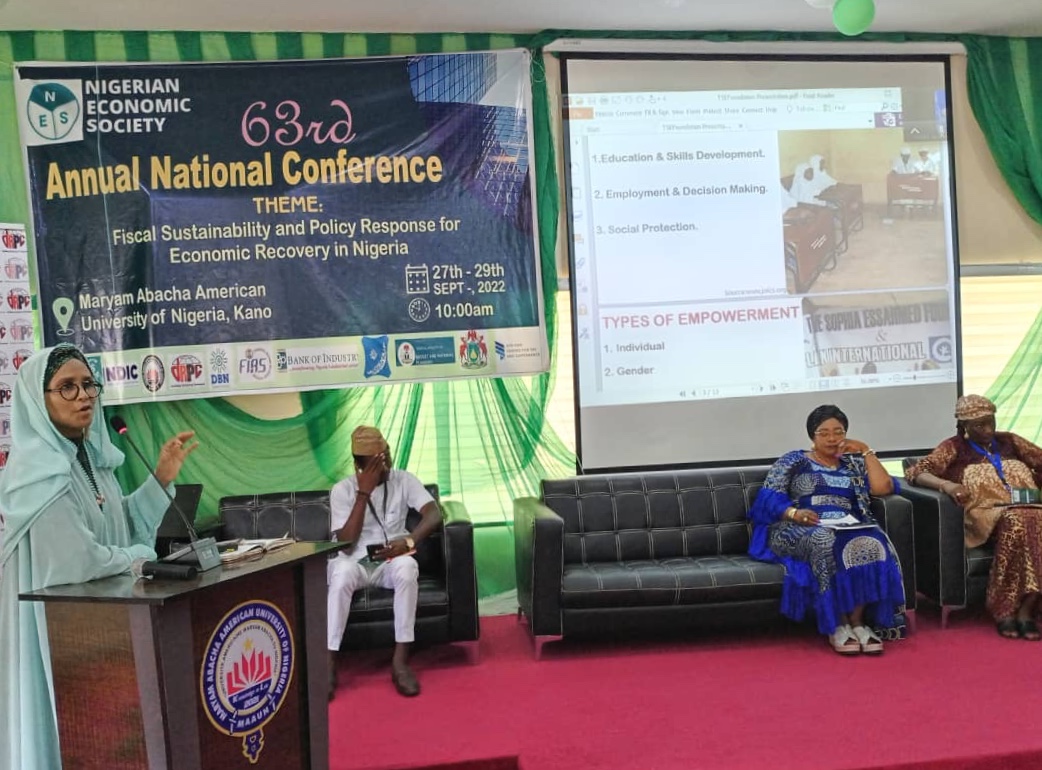
Besides, the stakeholders worried that the prevailing concern among the designated agencies of government has worsened with the lack of accurate and disaggregated data analysis to mainstream women’s economic empowerment.
Speaking on the theme, ‘Tracking, analyzing and calculating the impact of government, private and donor investments in women’s economic empowerment in Nigeria’, at the 63rd Annual Conference of Nigerian Economic Society, (NES), held in Kano, the experts lamented about the challenges of data reliability, lack of synergy between government agencies and the inability of women to benefit from series of interventions.
Addressing the issues, a research fellow from the University of Ilorin, Kareem Abdulrasaq, explained that despite improved budget allocation for women’s economic empowerment, millions of potential beneficiaries wallow in poverty. Abdulrasaq attributed the challenge to inefficient data collation.
“When you check comparatively the method of data analysis, you will discover reliability deficit. Means, we don’t have reliable data to support what government spends on women and the beneficiaries.
“Of course, we have seen an increase in budget allocation on women empowerment and the number of programmes designed to stimulate women’s economic sustainability. But what is the implementation of this budget and its impact on women? It is far below expectation,” Abdulrasaq noted.
Also concerned with economic challenges bedeviling women, another panelist and civil society advocate, Mrs. Ruth Agbor, lamented the lack of support for women farmers despite their contribution to food security in the country.
Agbor expressed worry that the pressure on women is assuming dimension because of the inability to access funds, and the knowledge gap. She said women are relegated to all sources of background due to social-cultural norms. She added that her movement Association of Women in Trade and Agriculture through the support of the Development Research and Project Centre, (DRPC) assisted women traders and farmers to own property.
Mrs Rinmicit Aboki nee Temlong, equally faulted uncoordinated activities of government on women empowerment while advocating proper synergy to provide accurate data analysis on women’s affairs in the country. She also wanted concerned authorities to check prevailing corrupt practice in the system.
Chairperson of the Nigerian Economic Society, Professor Ummu Ahmed Jalingo, explained that the 63rd Annual Conference is looking at critical issues on the economy and solutions to challenges on Nigeria’s Fiscal Policy and Response to Economic Recovery.






